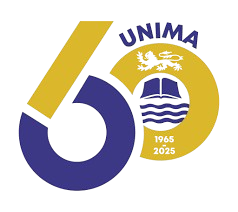FACULTY OF SOCIAL SCIENCE SEMINAR
Date: 22nd June, 2017 at 15:00hrs
Venue: Chancellor College Senior Common Room
Presenter: Gift Kayira
Abstract
This paper uses the World Bank-funded Lilongwe Land Development Project (LLDP) implemented between 1967-1979 to understand the ways in which non-state development experts from international organizations, post-colonial leaders in Malawi, and the project recipients, interacted in their quest to translate development ideas into practice. Drawing on recently declassified World Bank records and others, it argues that the post-colonial leadership in Malawi pursued an autonomous vision of development but one that was contested as the World Bank sought to influence it towards its own direction. Such a process was often frustrating and created dilemmas and anxieties for both parties. While accepting the World Bank as an important partner in development, Malawian leadership rejected any suggestions from the World Bank that would fundamentally undermine its autonomy. Secondly, development experts were aware of important roles local communities would play in the success of the LLDP. They thus adjusted their plans a priori to meet specific community interests on the ground. Even with that, they failed to achieve the objectives of the project. Such a conclusion suggests the need to rethink notions that locate the challenges of rural development projects in experts’ failure to recognize the complexities of the local environment. Finally, the paper shows divergences in the manner different parties interpreted the outcomes of the LLDP. While the project generally failed to increase per capita production of maize and groundnuts over its thirteen-year period, this outcome lacked any meaningful consensus among experts. Such differences in opinion mostly bordered on the changing objectives of the project over time as the World Bank closely looked to it to justify its new direction in rural development. In this context, both successes and failures were desirable depending on wider development ideas circulating at the World Bank.
Key Words: Malawi, Rural Development, Development Experts, LLDP





